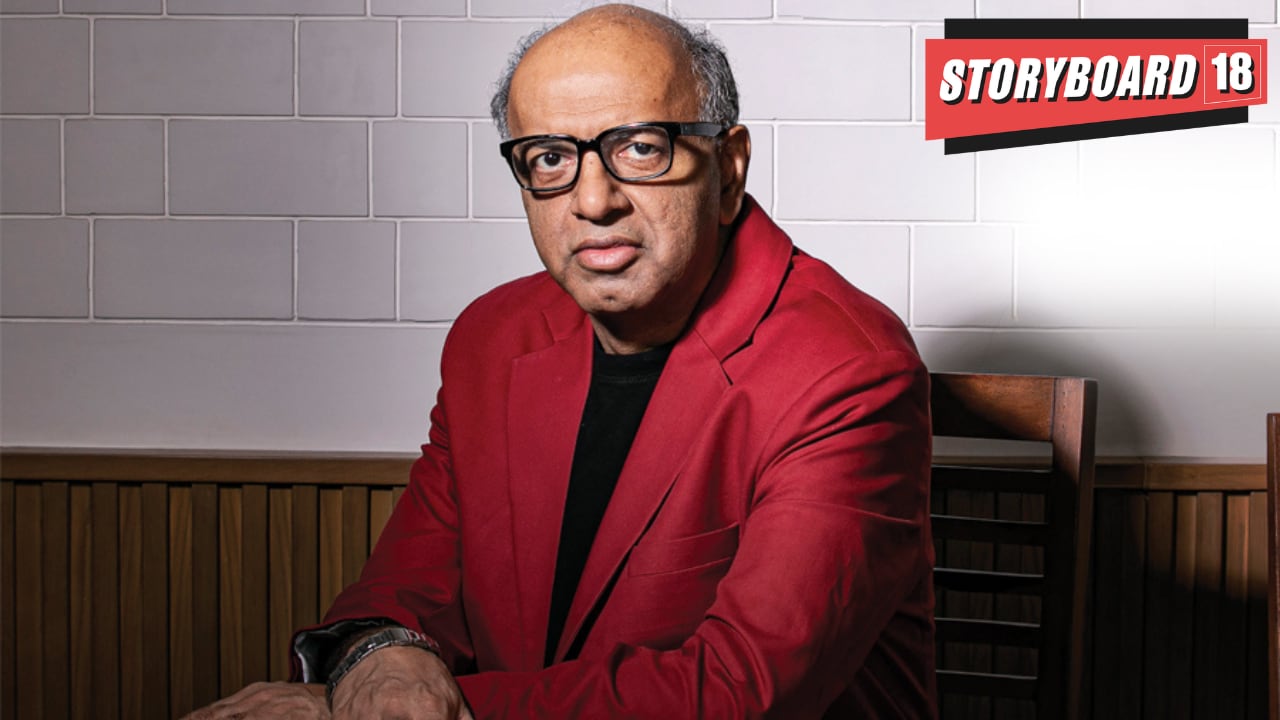Info Edge founder Sanjeev Bikhchandani called for the setting up of India’s own mobile app store as a part of its ‘Digital Public Infrastructure’ after Google’s action against 10 companies in India. “Indian companies will comply – for now. But what India needs is an App Store / Play Store that is a part of Digital Public Infrastructure – like UPI and ONDC. The response needs to be strategic @PiyushGoyal @PiyushGoyalOffc,” Bikhchandani on X.
On March 1, Google warned it may remove the apps of 10 companies in India for not paying a service fee for the use of its Play Store platform in India. Separately, Reuters reported that Matrimony.com and InfoEdge-owned apps are among the apps that could get delisted.
Info Edge-owned recruitment business Naukri and real estate business 99acres have been delisted from Google Play Store, Bikchandani told Moneycontrol, in the latest development.
This is part of Google’s drive to purge apps from Indian app developers which the tech giant said have not complied with its app billing policy for an “extended period of time”. The company’s matrimony business JeevanSathi is still available on Play Store at the time of writing this article.
Bikhchandani however told Moneycontrol that they have been compliant with Google’s app policies since February 9, when the Supreme Court passed an interim order in a case against Google’s app billing policy. He said that all dues of Google have been paid in a timely manner.
Bikhchandani had also earlier told CNBC-TV18, “We received notice from Google, were compliant with Play Store policies. There are no pending invoices of Google with us. All have been paid in a timely manner. Notice does not say we are being delisted, notice says if you are non-compliant, you will be delisted.”
Matrimony.com said its legal team is reviewing the notice from Google and “exploring next steps”.
In February, the Supreme Court refused to pass an interim order protecting internet firms such as Matrimony.com from being delisted from Google’s Play Store on February 9, 2024 and listed the case for hearing on March 19.
In a blog post, Google said that some of the developers that were refused interim protection have started fairly participating in the company’ business model and ecosystem, but others have chosen to find ways to not do so.
“While we always try to work with developers to help them through our policies and find feasible solutions, allowing this small group of developers to get differential treatment from the vast majority of developers who are paying their fair share creates an uneven playing field across the ecosystem and puts all other apps and games at a competitive disadvantage,” the tech giant said.
Google, however, added that existing users will be able to continue to access the apps without interruption and that it continues “to offer our support to help developers get into compliance”. It went on to say that enforcement of the policy, when necessary, can include removal of non-compliant apps from Google Play. Google, however, added that existing users will be able to continue to access the apps without interruption and that it continues “to offer our support to help developers get into compliance”.
Developers, it said, are welcome to resubmit their apps to be listed on Play by selecting one of the three billing options as part of its Payments Policy. “Today, we have over 2,00,000 Indian developers using Google Play who adhere to our policies, helping us ensure we have a safe platform; however, for an extended period of time, 10 companies, including many well-established ones, have chosen to not pay for the immense value they receive on Google Play by securing interim protections from the court,” it said.
Read More: Info Edge founder Sanjeev Bikhchandani shares investors’ sentiment about loss-making startups
